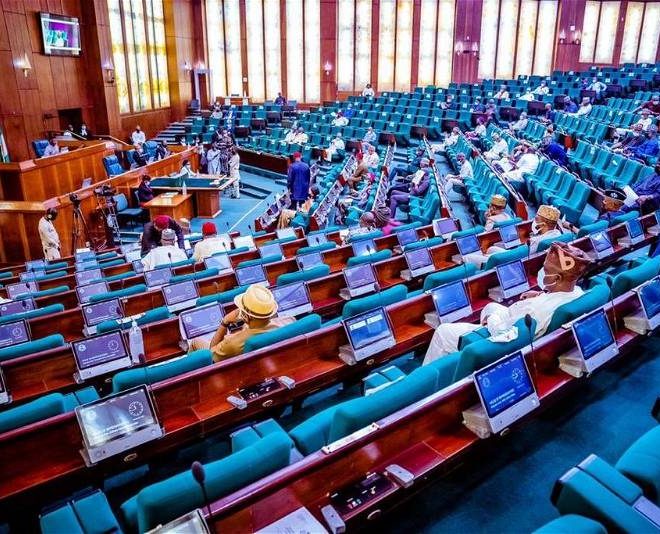The Nigeria’s House of Representatives, on Thursday, voted down a proposed constitutional amendment that sought to expand the scope of Islamic law in the country’s legal framework.
The bill, introduced by Representative Aliyu Missau, aimed to adjust several sections of the 1999 constitution by removing the term “personal” where it precedes “Islamic law,” allowing Islamic law to be referenced without the restrictive adjective.
This proposed amendment specifically targeted sections 24, 262, 277, and 288 of the constitution. Presently, Section 262 (1) outlines that the jurisdiction of the Sharia Court of Appeal covers “civil proceedings involving questions of Islamic personal law.”
The amendment aimed to remove “personal” in this and related contexts, a move that would open the application of Islamic law to areas beyond individual and familial concerns, extending potentially to areas such as commercial and international Islamic law.
During his presentation, Rep. Missau argued that the constitution’s wording was outdated and did not anticipate the expansion and modernization of Islamic legal applications in Nigeria.
“The 1999 constitution provided for personal Islamic law. The constitution did not envisage the dynamism and development that may come into the country,” he explained, noting the establishment of Islamic financial institutions, such as Jaiz Bank, which operates under commercial Islamic law.
According to him, removing “personal” would benefit commercial Islamic law, as well as Islamic international law, aligning the legal framework with current developments.
However, the proposal drew sharp regional divides among legislators. Northern lawmakers largely supported the amendment, believing it would better serve the interests of regions where Islamic law plays a more prominent cultural role.
Southern legislators, however, voiced strong opposition, arguing that removing “personal” would create a legal framework that could go beyond the personal matters intended by the constitution’s framers.
Representative Solomon Bob of Rivers State was among the most vocal critics, warning that the amendment could fundamentally change the nature of Islamic law in the constitution.
“The implication is that if the word ‘personal’ is removed, Islamic law would have broader implications. The word ‘personal’ was put there for a reason,” he argued, underscoring the careful and intentional limitations set by previous constitutional framers.
Other lawmakers, such as Jonathan Gaza from Nasarawa, Ademorin Kuye from Lagos, and Awaji-Inombek Abiante from Rivers, voiced similar concerns, stressing that any change to the constitution in this regard could risk undermining Nigeria’s status as a secular nation. Osun’s Rep. Bamidele Salam emphasized that religious practices should remain private.
Citing historical deliberations, Salam explained that, during constitutional assemblies in 1979, 1989, and 1999, extensive debates over this topic had ultimately led to the consensus that Islamic law would apply solely to personal matters. “We must be careful with any changes to the constitution that could further widen divisions in Nigeria,” he cautioned.
Ultimately, after a robust and heated debate, Deputy Speaker Benjamin Kalu, who was presiding over the session, called for a voice vote on the bill. The overwhelming response was against the amendment, leading to its rejection.










